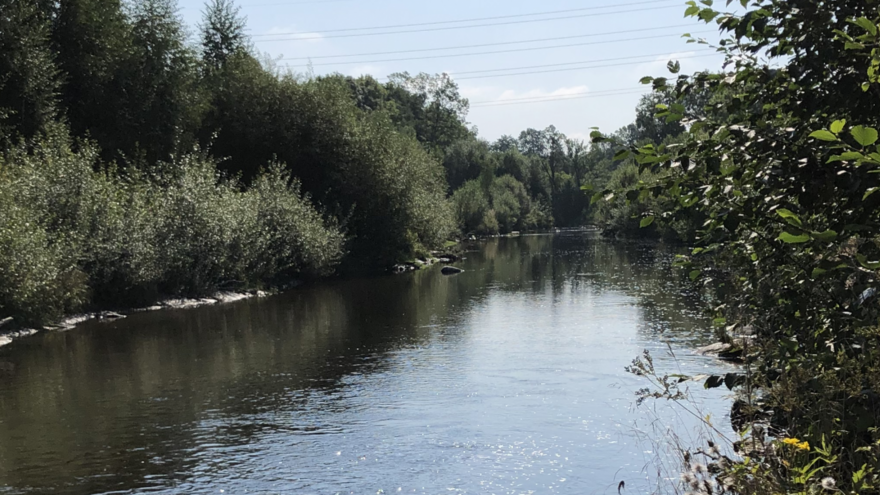02 aug. 2020 - 02 okt. 2024
Background
Objective
Participants
Hauk Larssønn Holten
Student
Andreas Halvor Sedin
Student
External participants
- Carlos Salas Bringas
Freelance - Razak Seidu
Professor, NTNU Ålesund - Marie Fauskrud
PhD Candidate, NTNU Ålesund - Nils Kristian Afseth
NOFIMA
- Kirsti Grundnes Berg
VEAS Vestfjorden Avløpsselskap - Chawan Ahmed
VIVA IKS, vestviken interkommunale vei, vann og avløpsselskap - Albert Bosch Navarro
University of Barcelona



